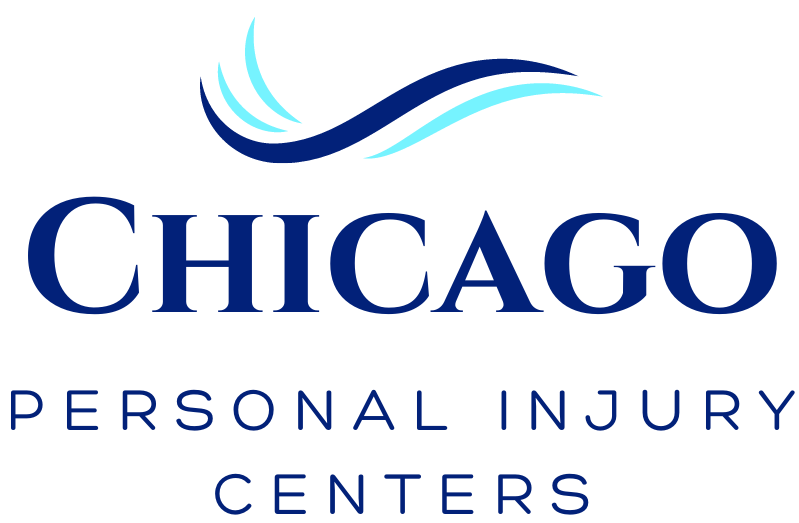Personal injury settlements can be a lifeline for those recovering from an accident, helping to cover medical expenses, lost wages, and other damages. When someone suffers a serious injury, it is not uncommon to ask whether the need for surgery will increase their settlement amount.
Surgery, after all, not only involves significant medical costs but also impacts one’s physical and emotional well-being. But does it truly result in a higher settlement? In this read, the Chicago Personal Injury Centers team will delve into how the necessity of surgical procedures can affect the amount of your personal injury settlement.
Understanding Personal Injury Settlements
A personal injury settlement is a monetary agreement between the injured party and the party at fault (or their insurance company) to compensate for damages resulting from an accident. Under Illinois state law, the statute of limitations for filing a personal injury case is 2 years.
These settlements aim to make the injured person “whole” again, at least financially, by covering costs associated with the injury. The settlement amount is influenced by several factors, including the severity of the injury, medical expenses, lost wages, and pain and suffering.
Insurance companies, which are often responsible for paying settlements, will carefully evaluate these factors. They consider the extent of the injury, the impact on the victim’s life, and the likelihood of ongoing or future medical needs.
A settlement typically reflects both economic damages (like medical bills and lost income) and non-economic damages (such as pain and suffering). The more severe the injury and the more substantial the losses, the higher the settlement is likely to be.
Is Surgery Necessary After Every Accident?
Not every accident will require surgery for recovery, but the decision should always be made by a medical professional. Your doctor has the expertise to evaluate your injuries and recommend the best course of action for your recovery.
In cases of severe accidents, you may experience significant injuries. While some injuries might heal over time, surgery could prevent long-term complications that might otherwise affect your quality of life. Although surgery can be painful in the short term, it can ultimately spare you from prolonged pain and suffering in the future.
What is the Impact of Surgery on Settlement Amounts?
Increased Medical Expenses
One of the most immediate effects of surgery on a personal injury settlement is the increase in medical expenses. Surgery is costly, often involving not just the procedure itself but also pre-operative tests, hospital stays, anesthesia, post-operative care, physical therapy, and possible follow-up procedures.
These expenses add up quickly, and they can significantly increase the total amount of economic damages being claimed in a settlement.
When determining a settlement amount, insurance companies take into account all medical expenses that have been incurred as well as those that are likely to be needed in the future. If surgery is required, these future medical costs might include additional treatments, rehabilitation, or even long-term care, depending on the nature of the injury.
Severity of Injury
The need for surgery usually indicates that the injury is severe, which directly impacts the settlement amount. Injuries requiring surgery are often more complex and can result in long-term or permanent disability. Insurance companies and courts recognize that severe injuries are more impactful on the victim’s life, leading to higher compensation.
For instance, a person who undergoes spinal surgery may face ongoing pain, limited mobility, or even paralysis. These outcomes significantly affect the individual’s quality of life and ability to work, which in turn justifies a higher settlement.
In cases where the injury leads to a permanent disability, the settlement may also include compensation for lifelong care and loss of future earning capacity.
Pain and Suffering
Pain and suffering are considered non-economic damages, and they play a crucial role in personal injury settlements. Surgery often involves significant pain, not only during the procedure but also throughout the recovery process. Additionally, the emotional toll of surgery and the anxiety of facing a major medical procedure can contribute to these damages.
When surgery is involved, the amount awarded for pain and suffering is likely to increase. This is because surgery is seen as an indicator of the severity of the injury and the level of discomfort and disruption it has caused in the victim’s life. The longer the recovery period and the more invasive the surgery, the higher the compensation for pain and suffering is likely to be.
Impact on Future Earnings
Another critical factor in personal injury settlements is the impact of the injury on the victim’s ability to work. Surgery often means extended time off work, and in some cases, it can lead to permanent changes in a person’s career prospects.
For example, a construction worker who requires shoulder surgery may be unable to return to physically demanding work, leading to a significant loss of income.
In such cases, the settlement may include compensation for lost wages during the recovery period as well as for the loss of future earning capacity. This aspect of the settlement can be substantial, particularly if the surgery results in a long-term or permanent disability that affects the person’s ability to earn a living.
Get the Treatment You Deserve in Chicago, Illinois!
The need for surgery can indeed increase the amount of a personal injury settlement, as it often indicates a more severe injury, higher medical costs, and greater pain and suffering. At Chicago Personal Injury Centers, we have medical professionals who are trained and dedicated to helping you get back on your feet.
If you have experienced an injury, reach out immediately by calling us at (773) 482-5800.


